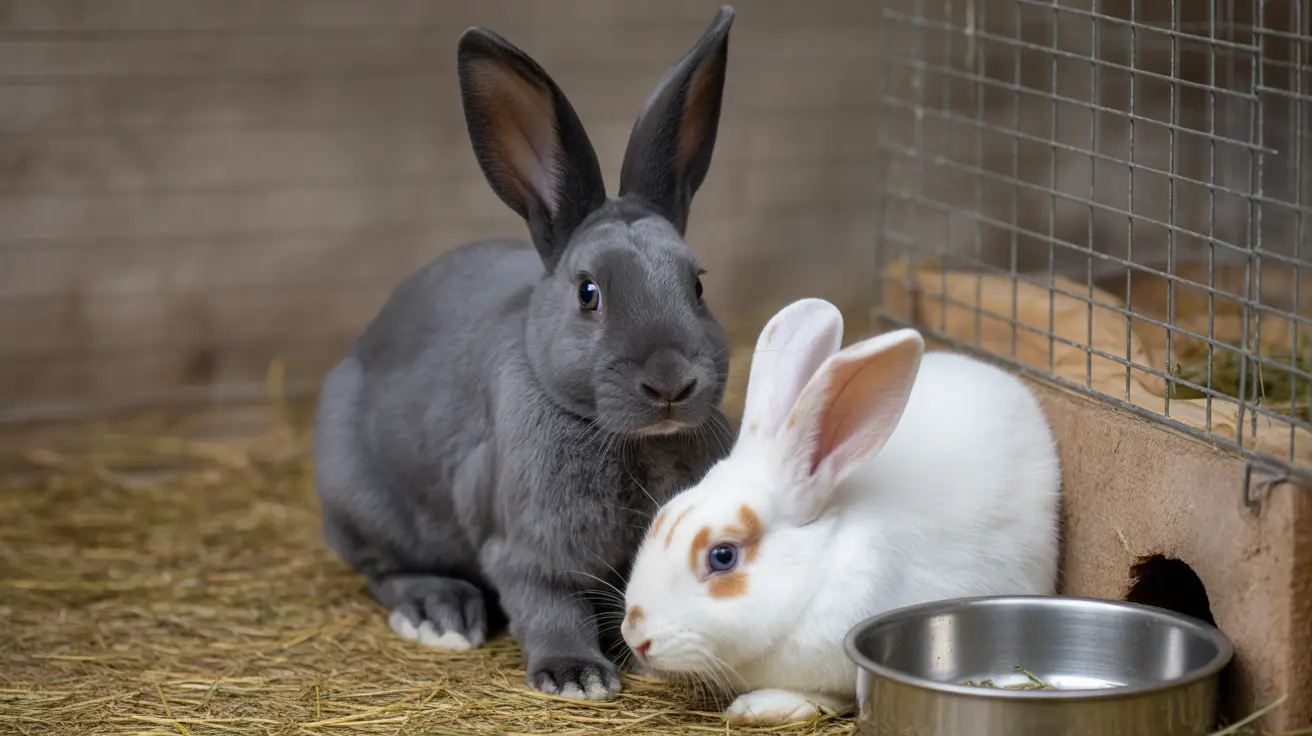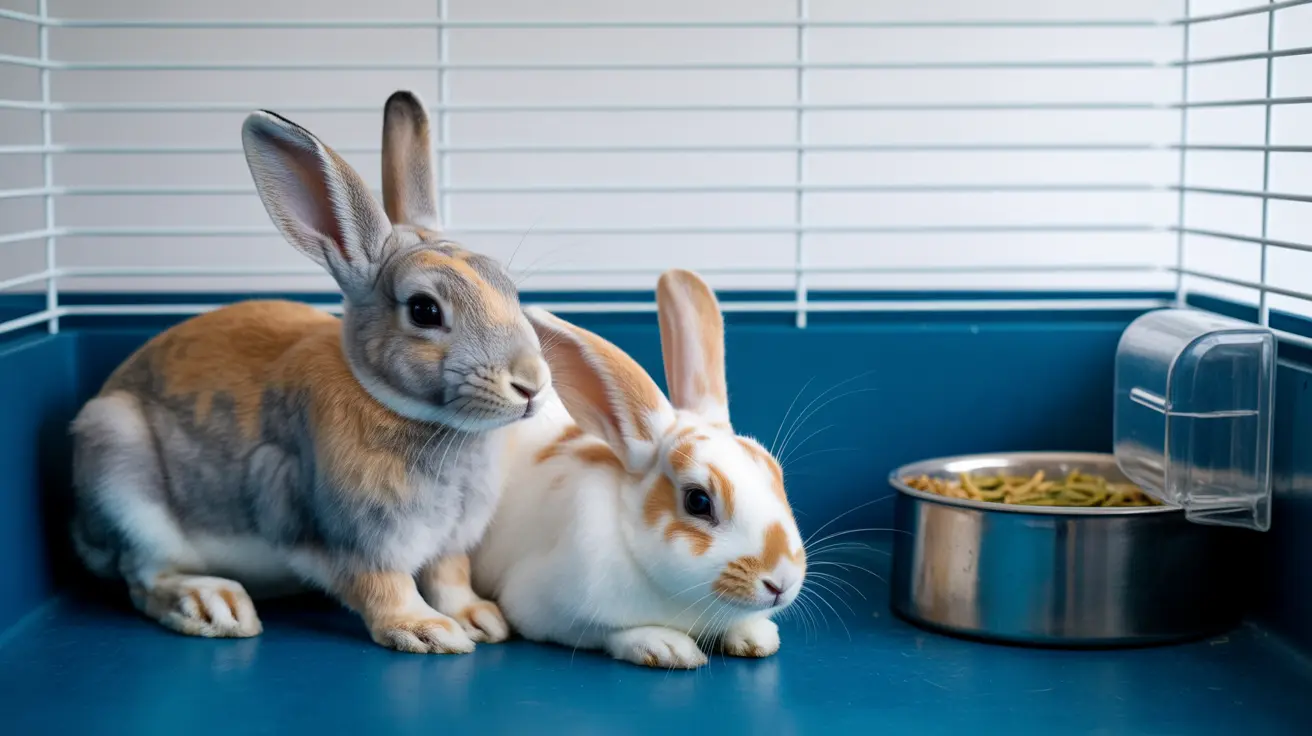The Cost of Owning a Caracal: What to Expect
Caracals, with their sleek golden coats and striking tufted ears, are one of the most exotic and admired wild cats. Native to Africa and parts of Asia, they've recently gained attention among exotic pet enthusiasts for their graceful demeanor and big-cat appearance. But before you consider welcoming a caracal into your life, it's essential to understand the financial commitment involved.
Initial Purchase Cost
The price of a caracal can vary widely based on several key factors:
- Breeder reputation: Reputable, licensed breeders who ensure proper health screening and ethical breeding practices often charge more.
- Age and training: Younger cats or those that are socialized and litter-trained may command a higher price.
- Location and permits: Costs can differ due to local laws and required exotic pet permits.
In general, you can expect to pay anywhere from $1,500 to $10,000 for a caracal. Most commonly, the price falls in the range of $2,500 to $7,000.
Hidden and Ongoing Costs
Beyond the initial purchase price, owning a caracal involves significant ongoing expenses:
- Diet: Caracals are obligate carnivores. They require a specialized diet of raw meat, supplements, and occasional whole prey. Expect to spend about $100 to $300 per month on food alone.
- Healthcare: Finding a vet who specializes in exotic animals may be challenging and more expensive compared to routine pet care. Exotic vet visits can cost $100 to $500+ per visit.
- Enclosure: Due to their wild nature and athletic build, caracals need spacious, secure outdoor enclosures with climbing structures and shelter. Enclosure construction can cost $3,000 to $10,000 depending on materials and size.
- Licensing and permits: Many regions require exotic animal permits, which can include application fees, property inspections, and yearly renewals. These can range from $50 to $300 annually.
Legal Considerations
Before purchasing a caracal, confirm whether it is legal in your state or country. Many jurisdictions ban or strictly regulate ownership of wild or exotic animals. In the U.S., for instance:
- Prohibited States: California, New York, and Hawaii generally ban private ownership.
- Permit-Only States: Arizona, Texas, and Nevada may allow ownership with special permits.
Violating exotic pet laws can lead to hefty fines, confiscation of the animal, or even criminal charges.
Behavior and Suitability
Caracals are not domesticated. They may bond with humans but retain strong predatory instincts, making them unsuitable for homes with children or small pets. Their territorial behavior and high energy require experienced handling and patience. Behavioral training is not guaranteed to be effective, and no amount of love can fully suppress their wild nature.
Ethical Considerations
Choosing to keep a caracal as a pet raises serious ethical questions:
- Welfare: Can you truly provide an environment that meets their psychological and physical needs?
- Conservation: Does breeding wild cats in captivity for private ownership contribute to conservation or exploit animals for profit?
- Risk: What happens if the caracal escapes or becomes a danger to others?
Alternatives to Pet Ownership
If you admire caracals but are unsure about owning one, consider alternative ways to engage with these incredible creatures:
- Support wildlife sanctuaries or zoos that focus on conservation.
- Participate in eco-tourism in regions where caracals live.
- Sponsor a rescue or rehabilitation program for wild cats.
Conclusion
Owning a caracal is a decision that comes with significant financial, legal, and ethical responsibilities. The initial price tag is just the beginning. To truly care for a caracal requires time, resources, and a commitment to understanding their wild nature. If you're considering this path, make sure your lifestyle, finances, and legal standing support this exotic adventure.





